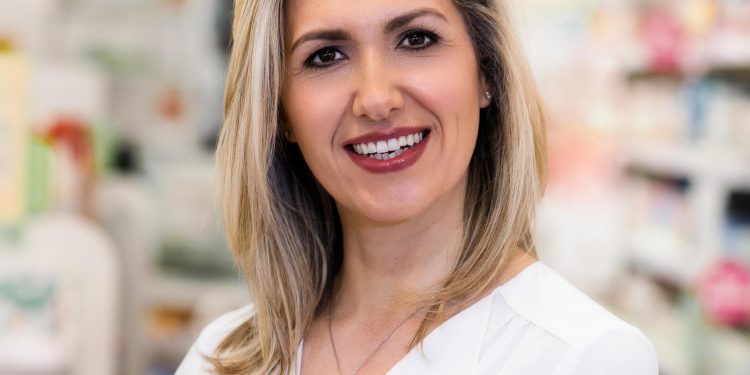For most couples, starting or adding to their family is a straightforward enough experience, but for many others who have difficulty conceiving straight away, there are lots of steps that can be taken before seeking help through tests or other medical supports. Pharmacies are available, sometimes up to seven days a week, to offer free, professional advice to couples who want to conceive. Improving your pharmacy’s offering in terms of the supports available to couples can bring opportunities for your business. This is especially the case if you operate in an urban area with a demographic profile that includes a lot of young families.
Women are most fertile in their mid–twenties and some can have babies well into their forties, however the chances decrease significantly with each passing year beyond the age of 35. Sperm levels in men are strongest around their mid-twenties and start to decrease after the age of 40.
Laura Dowling is a pharmacist in Dublin. Also known online as the Fabulous Pharmacist, Dowling has some advice for couples who want to have a baby. “You want your body to be in the best possible condition ready for conception so it’s advisable to start preparations by both you and your partner taking a comprehensive conception multivitamin a few months before you start trying, to help correct any nutritional deficiencies. It can be difficult to get all the nutrients you need from your diet in today’s busy world. This is especially important in the case of Folic Acid, which should be supplemented at least three months before a woman becomes pregnant.” Supplements for before, during and after pregnancy are popular among consumers and can add value to your bottom line.
Customer Options
There are many kinds of pregnancy and conception tests available and often women will know which particular type or brand they are looking for when they walk into your pharmacy. From ovulation tests to conception kits to digital pregnancy tests and phone apps, there are lots of devices and products out there that pharmacists can recommend to couples trying to conceive. Some pregnancy tests are so sensitive that they can even indicate how many weeks along a pregnancy is. Do some research around the most popular brands and try to give the customer options.
Pharmacies should make sure to stock a wide variety of lubricants as some should be avoided by couples who want to conceive. Dowling explains why it is important to offer a number of options to consumers. “Many couples use lubricants as part of their sex lives and with people often having sex a lot more regularly when they are trying to conceive, you might be considering buying one. However, check the labels or better still ask your pharmacist for advice about the best brands to use as some contain spermicide which can hamper your efforts to get pregnant.”
Women who use a contraceptive implant (inserted in the upper arm) can return to full fertility sometimes within hours of the device being removed. It can take slightly longer, sometimes months, to return to full fertility after an intrauterine device (IUD) has been removed. It’s best to stop taking the pill a few months before trying as it can take some months for menstruation to return to normal, however every woman is different and for many women a normal menstruation cycle can resume immediately. Dowling explains why this helps when trying to conceive. “Medically there’s no risk in trying straight away, it just helps to date your pregnancy once you conceive. Many women also find it really helpful to track their periods for a few months so they can build up a good picture of their cycle length, which can make pinpointing when to have sex around your fertile period a little easier.”
Dowling also advises women to check with their pharmacist to ensure the medications they are currently taking are appropriate when trying for a family. “Your pharmacist will tell you if they’re safe to continue taking, both while trying to conceive and in early pregnancy, and whether you need to visit your GP to discuss maybe swapping unsuitable drugs for alternatives to ensure your medication does not interfere with attempts to conceive.”
Dowling advises couples to adopt a healthy lifestyle, to eat a balanced diet and to try to build regular exercise into their routine. “This might sound odd but by following some of the lifestyle rules you’ll adopt once are pregnant – like cutting back on caffeine and alcohol – you’ll actually help your chances of getting pregnant. Eat well, sleep well and party a little less. This is important for men also as a healthier lifestyle will mean healthier sperm.”










